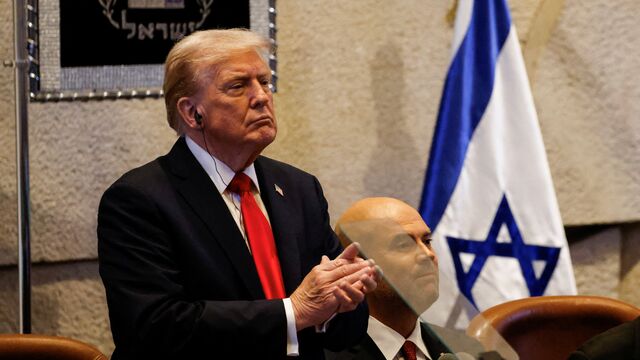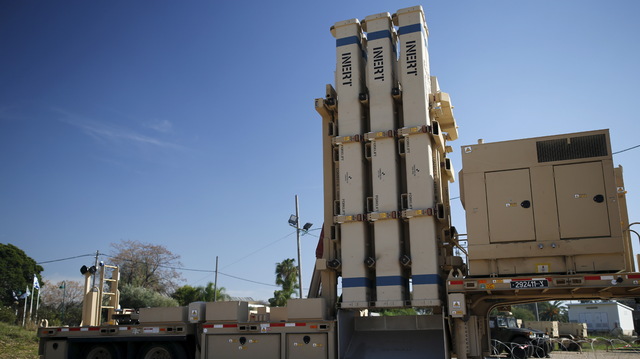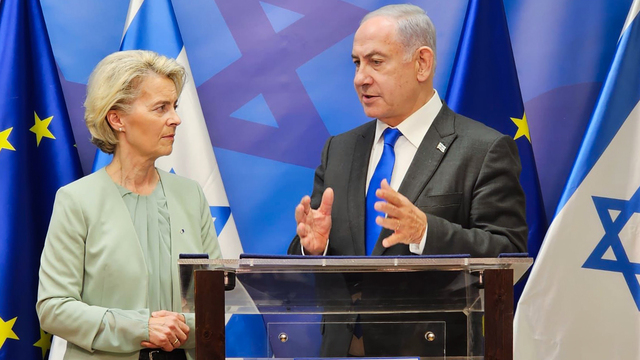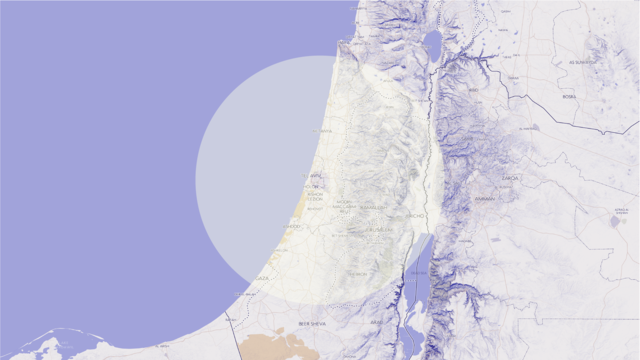Britain and France’s recognition of Palestine is a signal to their allies
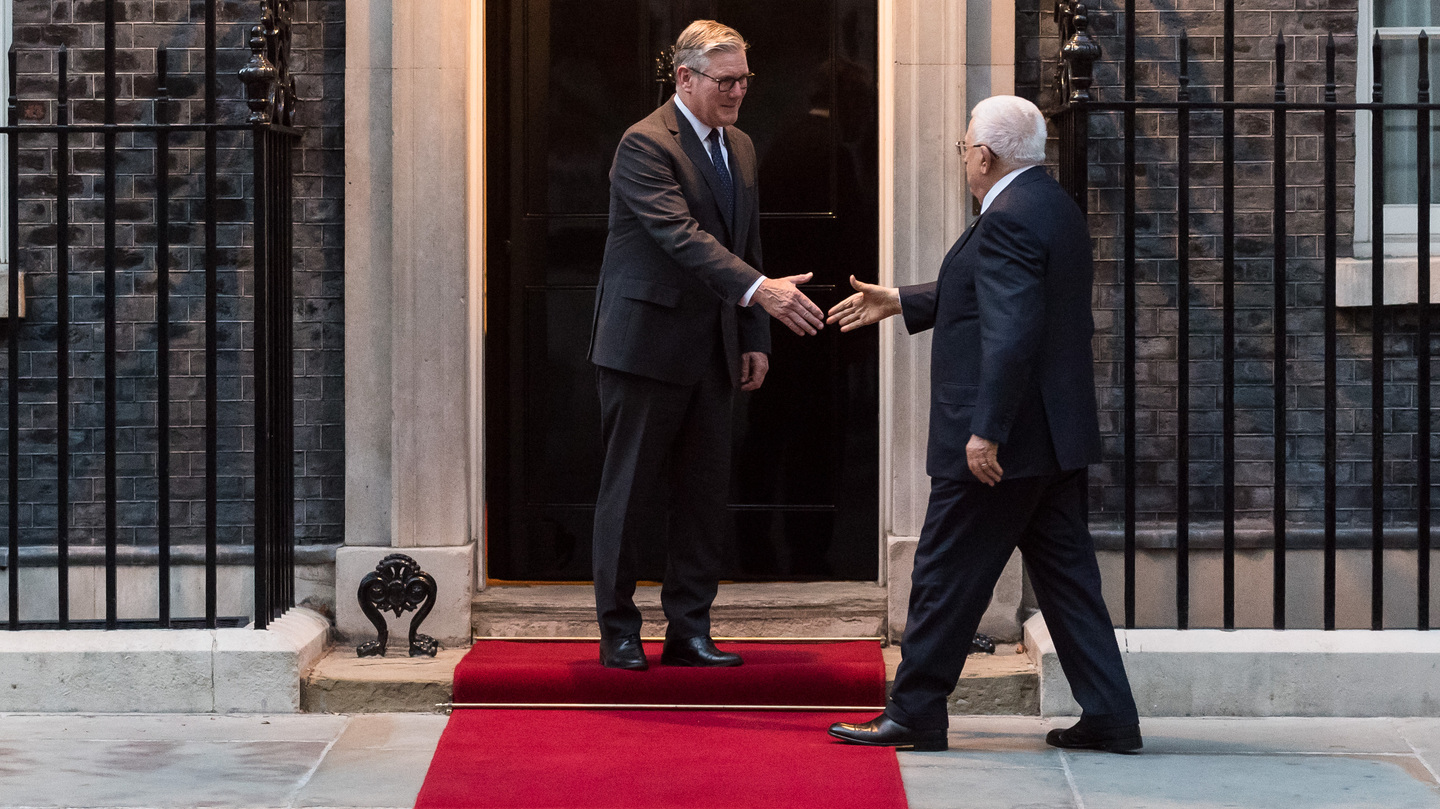
The decision by Britain and France to officially recognise the State of Palestine raises a key question: what signal does this send when allies remain divided over Palestinian statehood? It was precisely this issue that our researcher Azriel Bermant addressed in an interview.
According to our researcher Azriel Bermant, the move was not only a reaction to Israel’s actions in Gaza and the West Bank, but also to the increasingly discussed prospect of full annexation of the territory. Asked what Jerusalem’s likely response would be, Bermant suggested that an expansion of Jewish settlements can be expected. Prime Minister Netanyahu is acting with growing assertiveness, convinced he can do as he pleases – a stance enabled by unwavering support from the United States. However, annexing the West Bank would carry significant risks for Israel, as it could seriously undermine the Abraham Accords, a key legacy of Donald Trump’s first administration.
Bermant also emphasised that Israel is less concerned about the recognition of Palestine itself than about the potential tightening of trade sanctions by the European Union and its member states. Such measures, he argued, could weaken Netanyahu’s government and lead to Israel’s diplomatic isolation.
You can watch and listen to the full interview here.
